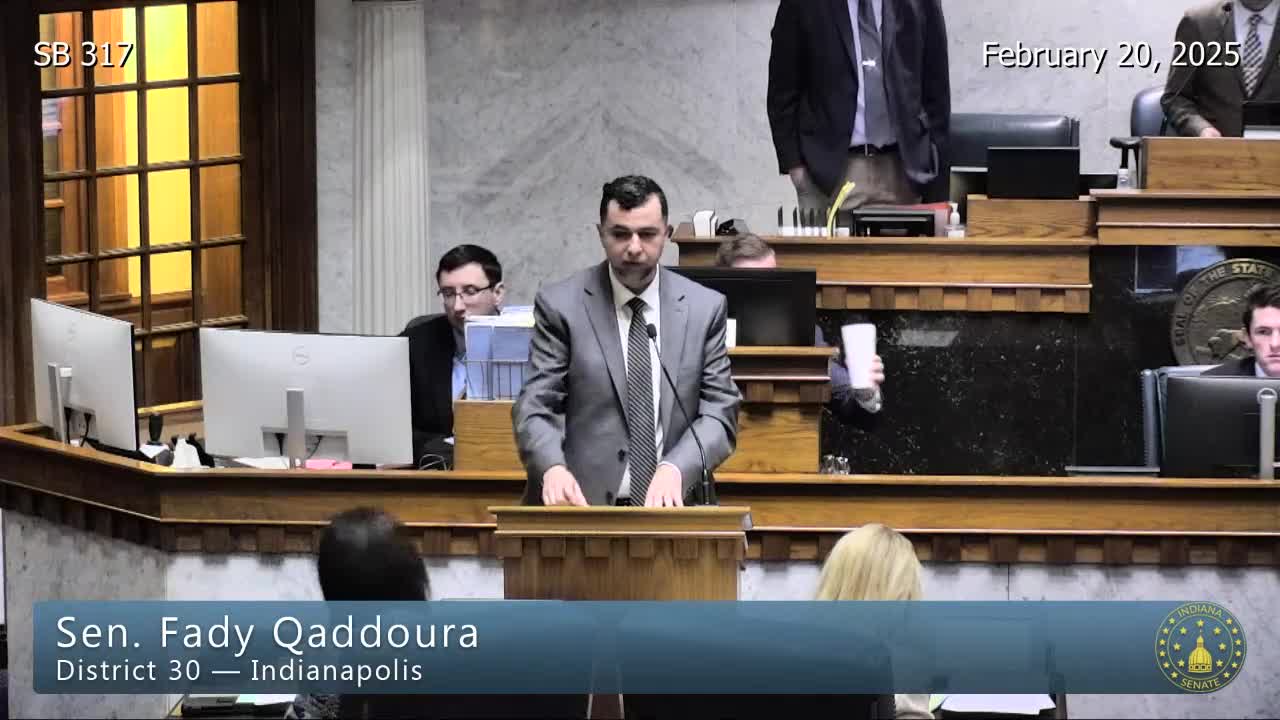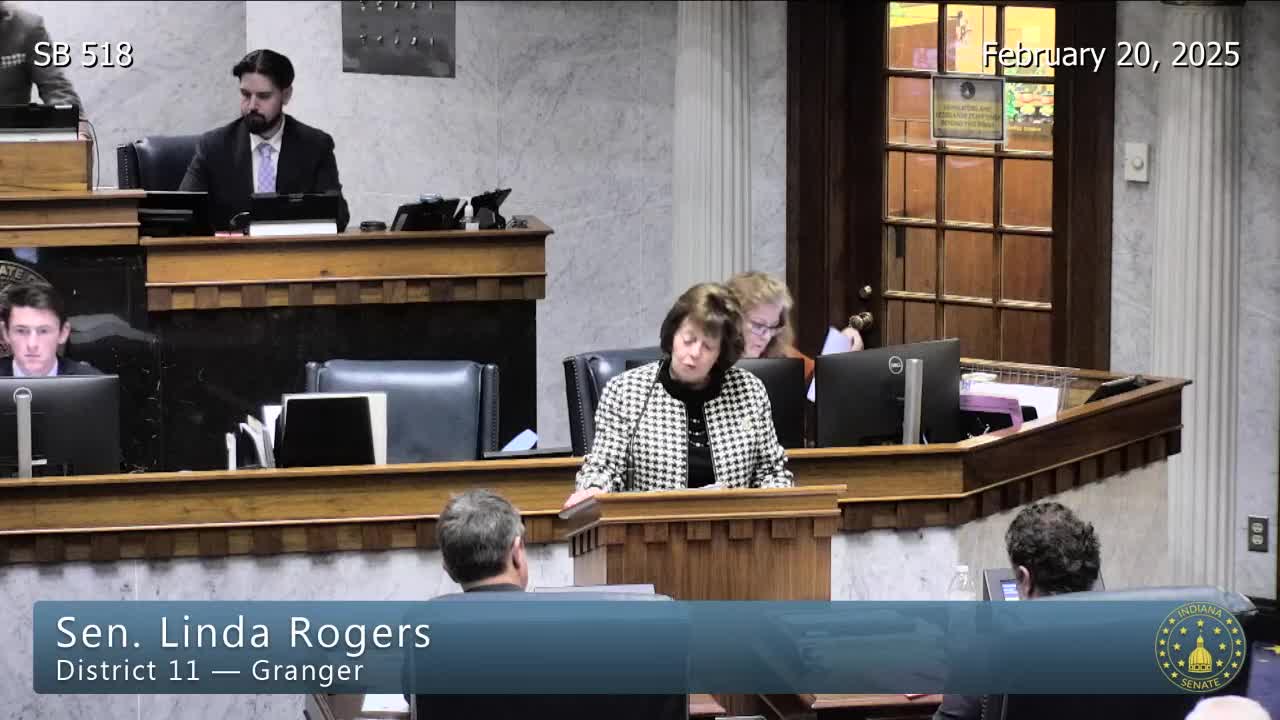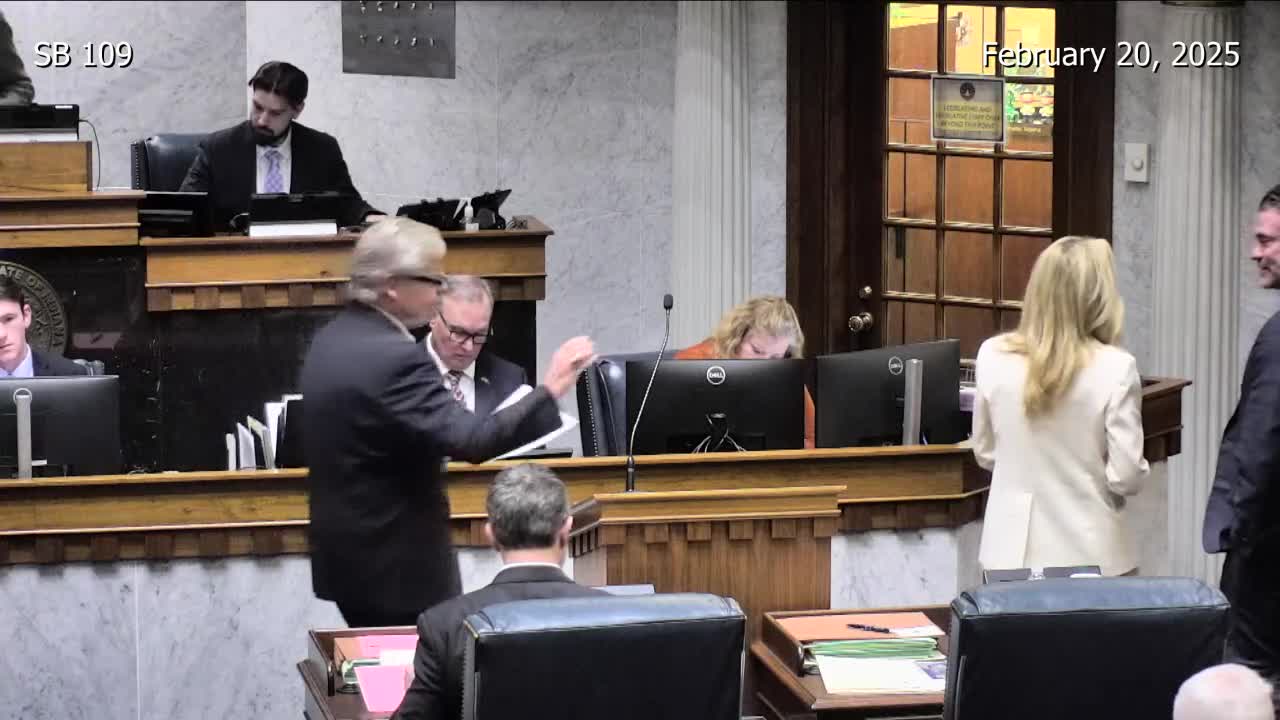Article not found
This article is no longer available. But don't worry—we've gathered other articles that discuss the same topic.

Medical-debt reform fails on Senate floor after lengthy debate; bill sought curb on garnishment and home liens

Senate narrowly approves charter-sharing language after hours of debate; senators divided over local fiscal impacts

